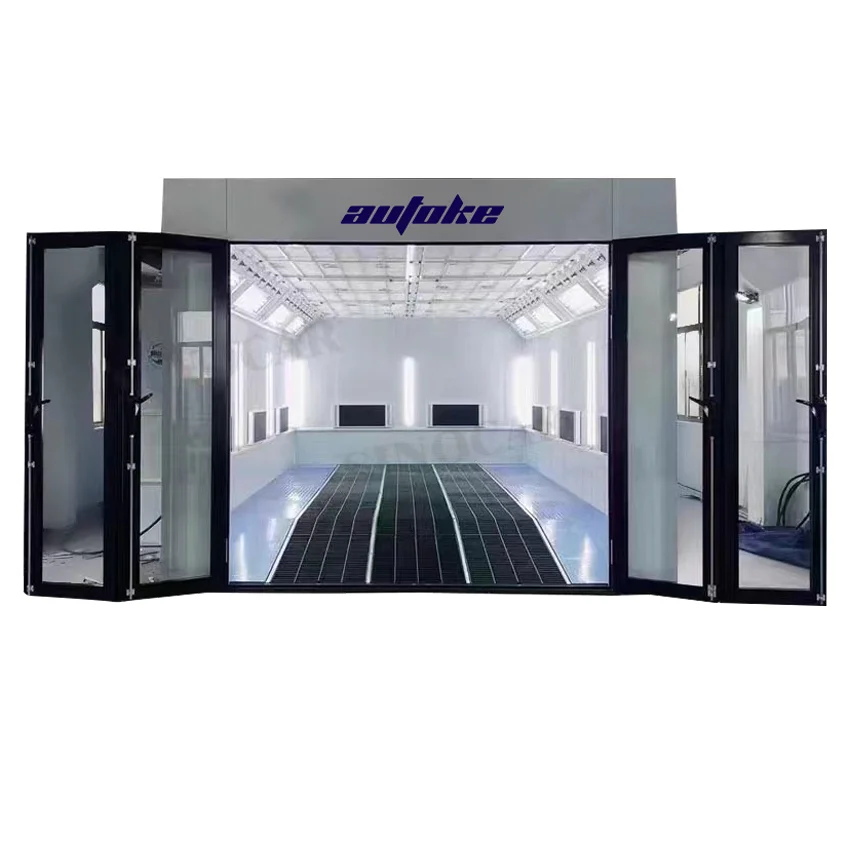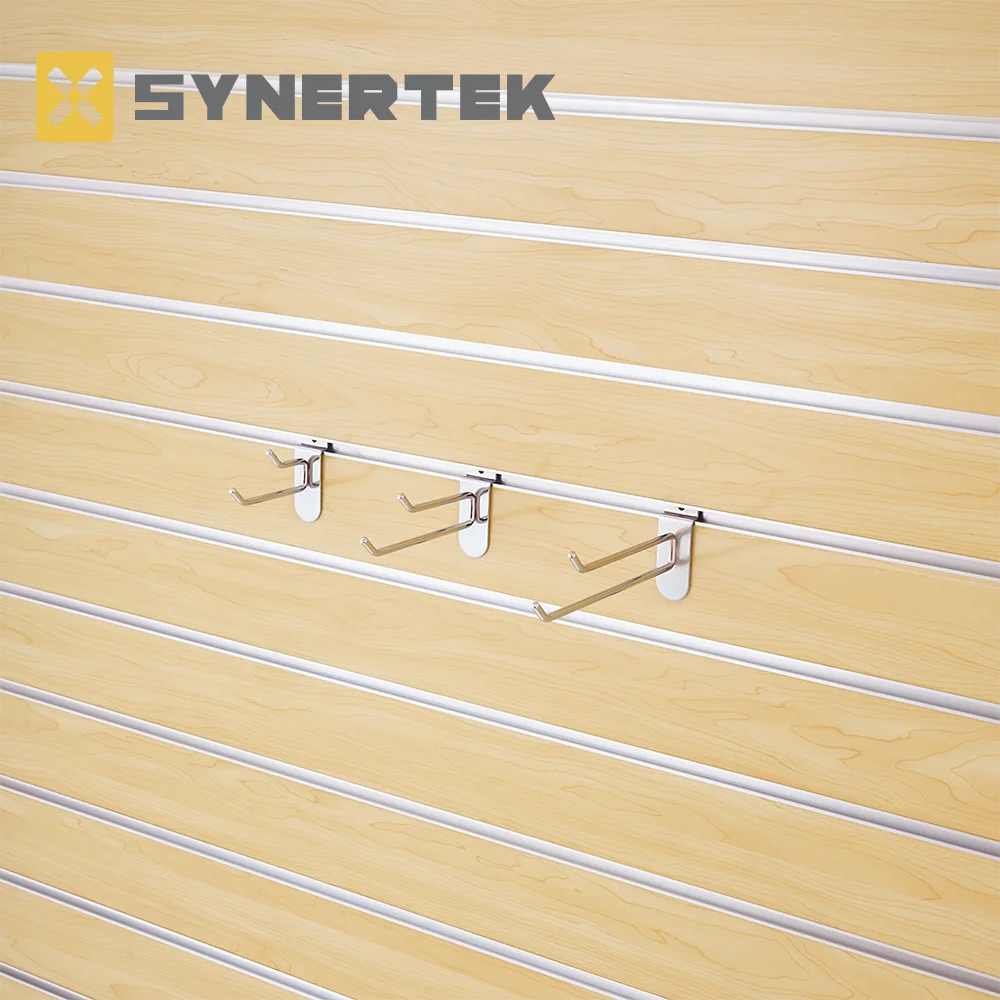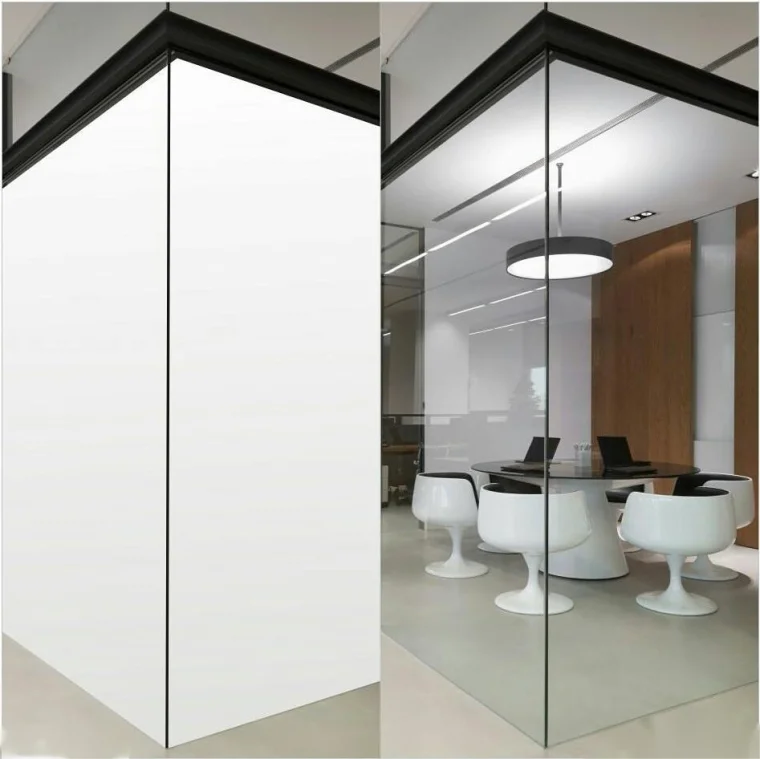When it comes to building walls, finding the most cost-effective material is crucial. Whether you are constructing a residential, commercial, or industrial building, the choice of material can significantly impact the overall project budget. In this article, we will delve into various materials and explore the cheapest options for wall construction, considering factors such as durability, availability, and environmental impact.
- Concrete Blocks:
Concrete blocks, also known as cinder blocks, are a popular choice for wall construction due to their affordability. Made from a mixture of cement, aggregates, and water, concrete blocks offer excellent strength and durability. They are readily available in most regions, making them a cost-effective option for both small and large-scale projects. Additionally, concrete blocks have good thermal insulation properties, reducing energy costs in the long run. - Brick:
Brick has been a traditional building material for centuries, known for its durability and aesthetic appeal. While brick may not be the cheapest material upfront, its long lifespan and low maintenance requirements make it a cost-effective choice in the long term. Bricks are made from clay or shale, which are abundant in many regions. Their thermal mass properties help regulate indoor temperatures, reducing the need for heating or cooling systems. - Rammed Earth:
Rammed earth construction involves compacting a mixture of soil, gravel, sand, and stabilizers into formwork to create solid walls. This ancient building technique has gained popularity due to its low cost and sustainability. The materials used in rammed earth construction are often locally sourced, minimizing transportation costs. Additionally, rammed earth walls have excellent thermal properties, reducing energy consumption. - Timber:
Timber is another affordable material widely used for wall construction. Wood is renewable, readily available, and offers good insulation properties. Timber-framed walls are lightweight, making them easier and cheaper to transport and install. However, it is important to consider the maintenance requirements of timber, as it may be susceptible to rot and pests if not properly treated and protected. - Straw Bale:
Straw bale construction is an eco-friendly and cost-effective option for wall construction. Bales of straw are stacked and secured with a plaster or stucco finish, creating highly insulated walls. Straw bales are affordable, especially in agricultural areas where straw is a byproduct. The insulation properties of straw bale walls can significantly reduce heating and cooling costs.
Conclusion:
Choosing the cheapest material for wall construction involves considering various factors such as upfront costs, long-term durability, availability, and environmental impact. Concrete blocks, bricks, rammed earth, timber, and straw bales are all viable options, each with its own advantages and considerations. By carefully evaluating these materials based on your specific project requirements, you can make an informed decision that balances cost-effectiveness and quality.


